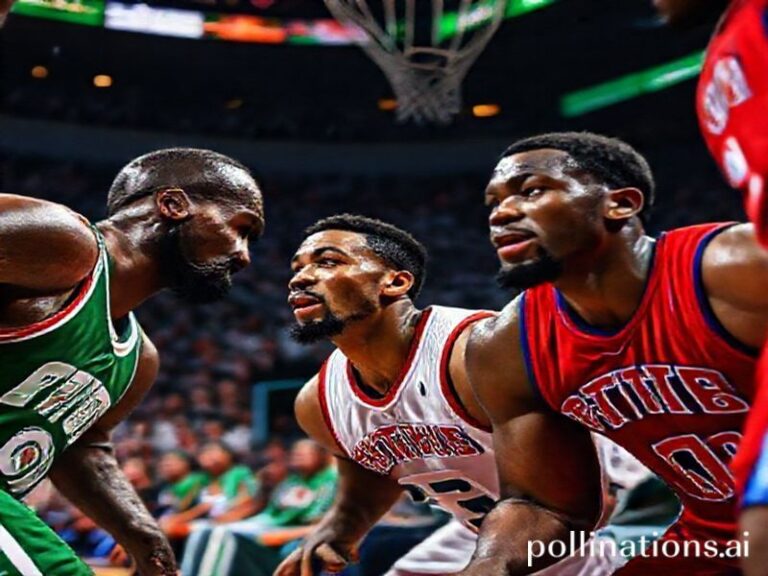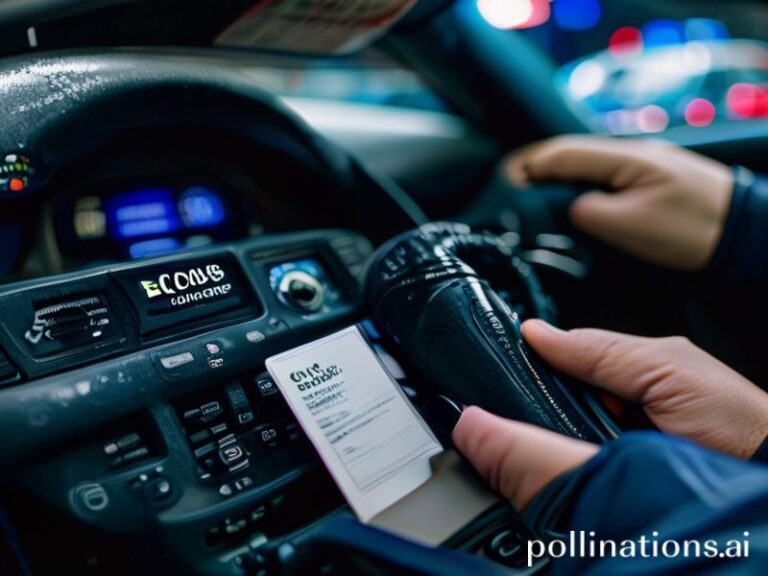Father of Invention: How Errol Musk Just Became a Global Metaphor for Dynastic Excess
Errol Musk, the 79-year-old patriarch of the world’s most famous surname with a silent “k,” has spent the last week making the global gossip circuit feel like it missed a software update. From a sun-bleached patio in Pretoria, South Africa, he cheerfully confirmed to the tabloid *Die Son* that he has quietly fathered a second child with his 35-year-old stepdaughter, Jana Bezuidenhout. The announcement ricocheted from the Cape of Good Hope to the Bay Area in roughly the time it takes a Tesla Model S to go from zero to smug.
International reaction followed the predictable arc: European papers clucked about colonial hang-ups, American cable hosts calculated the compound interest on generational trauma, and Chinese social media turned the story into a #RichGrandpaChallenge meme involving fake mustaches and inexplicable karaoke. In short, the news proved once again that the world has no immune response to the Musk family’s talent for turning private lives into public futures contracts.
Yet the wider significance lies not in the salacious details—though they are, admittedly, the truffle oil on this particular word salad—but in what the episode reveals about dynastic capitalism in an age when capital itself has begun to look like a hereditary virus. Elon may shoot cars into orbit and promise to turn Mars into a libertarian subdivision, but it is Errol who reminds us that empires, terrestrial or otherwise, begin with a messy bedroom farce and a trust fund.
Consider the geopolitics: South Africa currently juggles blackouts, water shortages, and a currency that behaves like a yo-yo in a hurricane. Against that backdrop, the elder Musk’s casual disclosure reads less like a confession and more like a reminder that inequality, like certain kinds of heartbreak, is multilingual. While the ruling ANC debates expropriation without compensation, Errol is busy practicing procreation without hesitation. The symbolism writes itself, preferably in neon across a lithium mine.
Meanwhile, in the United States, Elon’s fans—an army of reply guys who treat SEC filings like holy scripture—have had to perform the mental gymnastics required to separate the genius rocket man from the, well, rocket Dad. Some insist genius skips a generation, others that it zigzags like a drunk Roomba. Either way, the spectacle provides a handy distraction from Tesla’s Shanghai union headaches and Twitter’s ongoing meltdown into an everything-app that currently resembles a dive bar with a self-driving jukebox.
Across the Atlantic, the European Union’s freshly inked AI Act suddenly looks quaint. How do you regulate algorithms when you can’t even regulate the chromosomes of the people who own the servers? Brussels bureaucrats, already fatigued from trying to make Mark Zuckerberg say the word “sorry” in twenty-four official languages, now face the prospect of drafting ethical guidelines for family trees that resemble recursive loops.
Of course, the real losers in this morality play are the unnamed children, who will inherit both the compound interest and the compound shame. They will grow up under the fluorescent scrutiny of a planet that knows their genome before they can spell “emancipation.” One half-sibling already exists from Errol and Jana’s earlier liaison; together, the two kids will share a father-grandfather and a mother-sister, a configuration that even the most avant-garde family therapist will need a whiteboard to map.
And so the globe spins on, its axis slightly wobblier thanks to one septuagenarian’s refusal to retire either his libido or his ego. Climate summits will still convene, lithium will still be mined, rockets will still launch, but somewhere in the cosmic ledger a new line item appears: planetary embarrassment, fully vested.
The takeaway, dear reader, is that every epoch gets the dynast it deserves. The Medicis had poison, the Kennedys had Chappaquiddick, and we, the unfortunate citizens of Late Capitalism, get a family group chat so cursed it could power a small city if only we could figure out how to convert secondhand mortification into kilowatt-hours. Until then, we watch, we tweet, and we quietly pray that the next generation of Musks discovers contraception before they discover warp drive.







